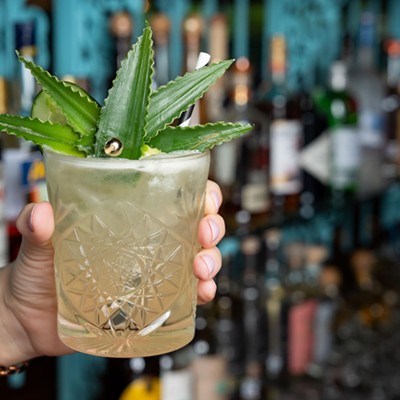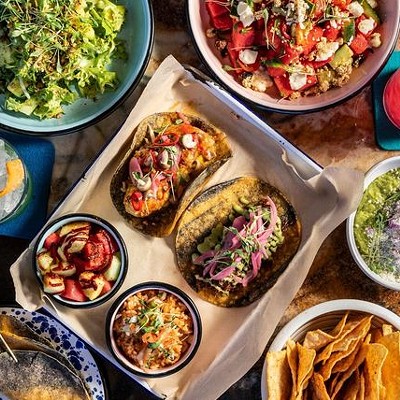If you're anywhere between 21 and 51 years of age (I'll be 44 next month), you were brought up with the notion that oak flavors were a sign of a fine wine. Back in the 1970s, when huge investment in the Californian wine industry began to take shape, the dudes in charge -- think Gallo and Mondavi -- decided that Americans should drink full-bodied, fruit-forward, oaky wines. Aggressive marketing throughout the '70s, '80s and '90s created a generation of American wine drinkers who looked for those qualities in the wines they drank. For many of us, "oaky Chardonnay," "oaky Merlot," and "oaky Cab[ernet Sauvignon]" were bywords by which we set the standards for fine wine.
But that all began to change, about five or six years ago, when sommeliers, wine writers, wine buyers, and wine lovers began to shift their attention to wines with less oak, less alcohol, more subtle fruit, and brighter acidity. The reason for this trend?
In my view, it's because our attitudes about wine began to change: Wine was initially marketed to us as a cocktail, to be served and consumed even without food; as Americans began to see the virtues of pairing wine with food, they started (wisely) to search for more food-friendly wines.
New York Times wine writer Eric Asimov's article, "Taking a Closer Look at Wine's Conventional Wisdom" (October 2007), was an indicator of this sea change.
"Oaky may be bad, but oak is good," wrote Eric. "Back in the 1990s, when the fashion for big, bombastic, oaky chardonnays was at its height, nobody would have taken this belief seriously. Fashion has changed and oak barrels have now been branded the villain for previous excesses. The fact is, for aging wine, no better vessel than oak barrels has yet been discovered. How those barrels are used is another question."
Eric's article came to mind when I recently tasted Le Volte, one of the more user-friendly wines produced by one of Europe's most famous and prestigious wineries, Ornellaia, producer of Italy's most coveted single-vineyard Merlot, Masseto. (Back in September 2008, when I visited the winery, I snapped the photo, above, of Ornellaia's small cask -- barrique -- aging room.)
The thing that I like the most about this wine is the fact that the winemaker ages this blend of Merlot, Sangiovese, and Cabernet Sauvignon in small oak casks that have been previously used to age the winery's top wines. As a result, the casks no longer impart toasty oak flavors. They serve simply as one of nature's ideal vessels for aging wines: the porous nature of the wood, gently oxygenating the wine as time passes, slowly mellowing the wine's tannins and bringing all of its elements into balance. In other words, the wood allows small amounts of oxygen to come into contact with the wine while preventing the introduction of outside bacteria that might create unwanted aromas or flavors. As Eric wrote back in 2007, "The fact is, for aging wine, no better vessel than oak barrels has yet been discovered. How those barrels are used is another question."
As for many producers of Super Tuscans like Ornellaia, I find that the entry-level wines are the ones I like the best. The new, never-before-used, and expensive casks are always reserved for the top wines -- where long-term aging is applied to "integrate" the oak flavors into the wine. The recycled casks, free of toasty and oaky flavors, are employed for these wineries' fresher-style, ready-to-drink wines. And although I'll never be one to reach for Merlot or Cabernet Sauvignon or Syrah from the Tuscan coast (give me Sangiovese and Ciliegiolo, please!), I genuinely liked the black and red fruit in this wine, its honest acidity, and its lack of oakiness.
In my book, oaky may be is bad. Oak is good.
Follow Eating Our Words on Facebook and on Twitter @EatingOurWords






